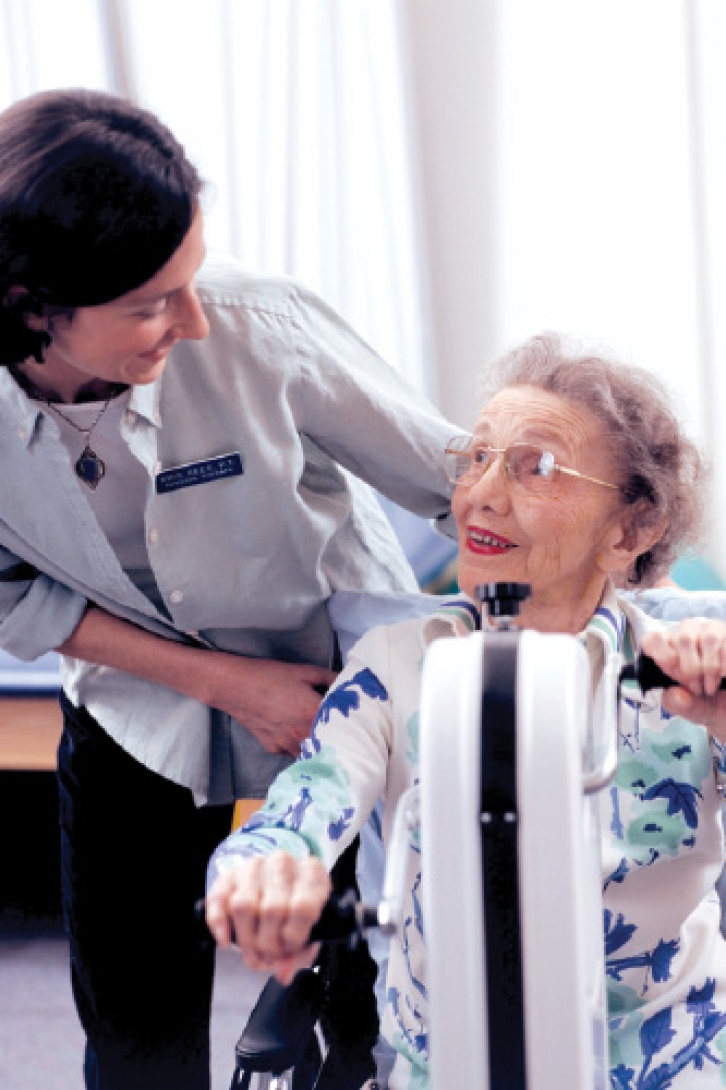Improving Rehabilitation Results Through Efficient Functional Movement Assessment Protocols
Operational Movement Assessment (FMS) is a beneficial tool used to evaluate an individual's mobility patterns. This screening aids identify any weaknesses or imbalances in the musculoskeletal system, which can lead to harm if not addressed. In rehabilitation contexts, FMS can play a critical role in enhancing rehabilitation results. By understanding how each individual moves, healthcare providers can design targeted rehabilitation plans that focus on enhancing strength, mobility, and overall performance.One of the key advantages of using FMS in recovery is its capability to pinpoint particular areas that need enhancement. For example, if a client struggles with squat movements or lunging, it may suggest a lack of flexibility in their hips or ankle joints. This information allows clinicians to formulate personalized exercise programs that emphasize addressing these deficits. As a result, patients are more likely to recover their strength and ability, which is essential for resuming to daily activities or athletics.

Implementing effective FMS procedures can also assist prevent future harm. Many damages happen due to poor mobility patterns or overuse of specific muscular groups. By screening patients before they start a rehabilitation plan, therapists can detect risks and implement approaches to minimize them. Educating patients about appropriate More Info mobility patterns and strengthening underdeveloped aspects can lead to long-term benefits, promoting that they stay active and healthy.
Additionally, the use of FMS can enhance communication between healthcare providers and clients. When clients see their mobility patterns assessed and clarified, they gain a better understanding of their rehabilitation process. This clarity fosters trust and encourages patients to take an engaged role in their recovery. By involving patients in their recovery journey, they are more likely to adhere to prescribed exercises and lifestyle adjustments that support better outcomes.
In conclusion, enhancing recovery results through effective operational mobility look at this now screening protocols is crucial for both clients and healthcare providers. By precisely evaluating movement mechanics, clinicians can develop customized recovery programs that meet individual needs. This not only facilitates in recovery but also helps avoid future injuries. As patients become more involved in their recovery journey, they are likely to attain their goals and maintain a fit, active way of living.